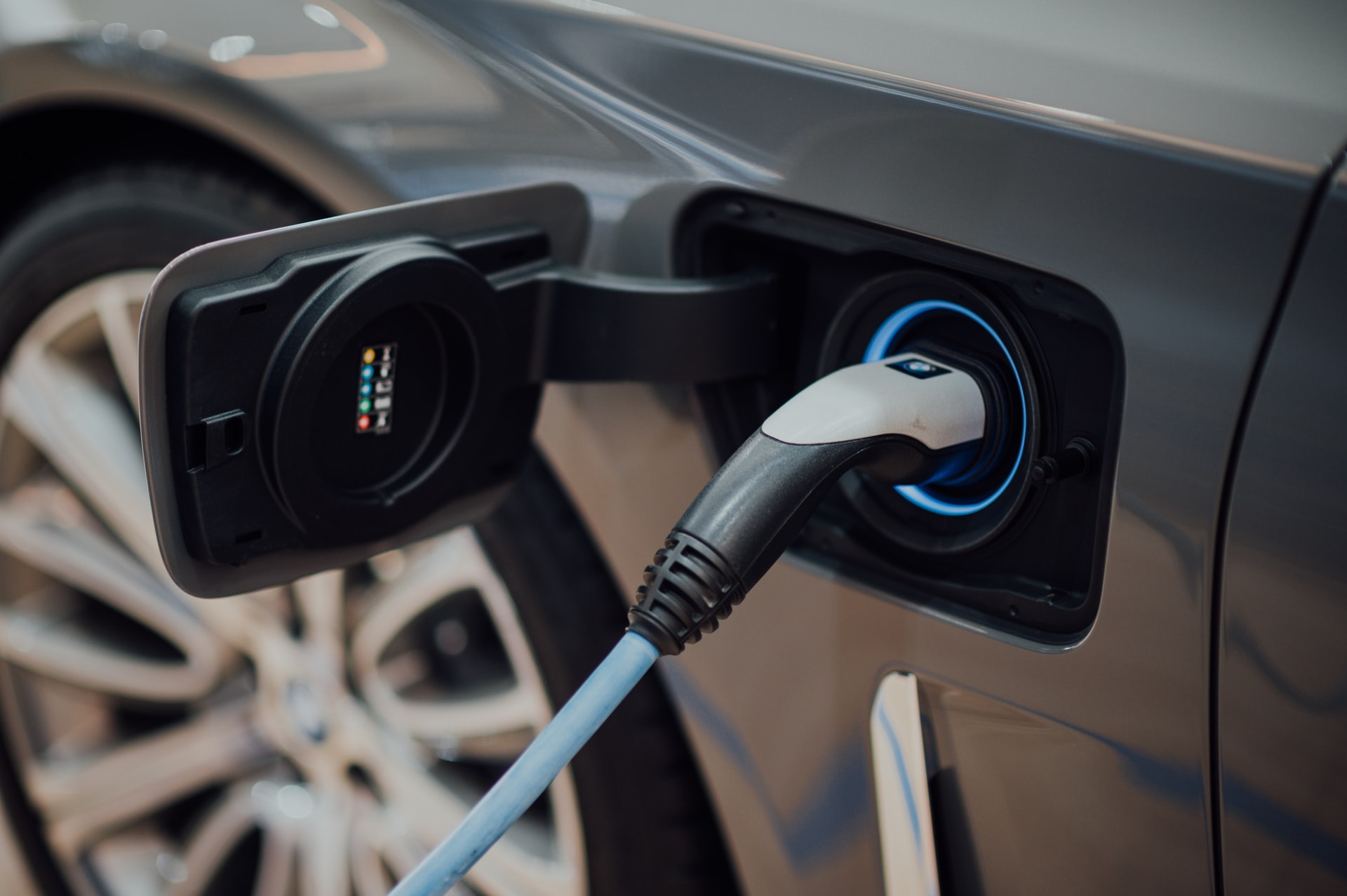Technology
5 Innovations That Aim To Make Electric Vehicles Cleaner Than Ever
The recent COP26 climate change conference in Glasgow underlined the world’s commitment to a low-carbon economy – and transport is set to play a huge role.
Since the invention of motor vehicles, the combustion engine has played a key role in their development, yet the plan is to phase this out in favor of battery-powered electric vehicles (EV) that are cleaner and more efficient. However, one question remains: how do we make them as green as possible?
Here are five recent innovations that might provide the answer.
Follow the smartphone example
One of the big concerns about the shift to electric is the amount of waste it will produce. Current EV batteries have a high obsolescence rate: their different components are welded together, making it very hard for technicians to get to a faulty part. Estimates put the global figure at 12m tons of battery waste by 2030 – not good when the world has a climate emergency on its hands.
It’s led researchers to look to other sectors for inspiration. The smaller but more efficient smartphone battery, for example, has its parts compressed together rather than welded, making it easier to take apart and service. This increases its useful life, by up to a decade according to experts.
If companies like Dutch startup Aceleron can make this idea a reality, then we’re looking at much more efficient and environmentally friendly EV batteries before long.
An ethical battery ‘passport’
The global shift towards electronic goods has affected most industries. Aside from the environmental benefits, companies in each sector are offering customers extra incentives to go electric: shops use online deals to drum up internet custom, while online casinos offer players free bonuses that they wouldn’t get in a land-based venue. In the EV industry, carmakers believe that the satisfaction of knowing a car battery was produced ethically is enough to convince consumers to take the plunge.
This thinking is driving a project by the Global Battery Alliance (GBA), who plan to launch a ‘battery passport’ by the end of 2022. The document aims to present a record of the EV battery’s life, including the social and environmental risks involved in its production. The voluntary initiative will cover human rights abuses and energy use and aims to give consumers a clear picture of what they are buying.
Audi and Renault are among the major car firms who have signed up, and GBA hope to get other big players on board before next year’s launch.
Improving energy storage
Even when batteries do eventually reach the end of their EV life, it doesn’t mean we have to discard them.
UK firm Connected Energy came up with the idea of converting old batteries into power storage units. They collect the batteries straight out of the cars and places them into one of their dozen or so second-life power units. Once there, they are connected into a computer system that manages charging and discharging rates, as well as energy availability.
Efficiency is the system’s byword. Every megawatt hour it provides saves around 1,100 tons of carbon dioxide, according to research. And when owners start to update their EVs in a few years’ time, these old batteries will start to become a lot more common – good news for firms like Connected Energy. And the environment.
Turn batteries into useful metals
Energy storage isn’t the only recycling option for EV batteries. Smelting makes it possible to melt them back down into more basic parts: one is a metal alloy, made up of copper, cobalt and nickel, and the other is a lithium-based concentrate.
Umicore is one company that uses innovative techniques to make these useful alloys, and they stress that very little energy is needed for smelting as the battery itself generates much of the heat to melt it.
Better lithium usage
Speaking of lithium, the traditional processes of acquiring it consumes vast amounts of energy, particularly via underground aquifers. This uses pumps to extract huge quantities of saltwater from the ground then leaving it to evaporate to get the lithium deposits.
Nano filtration is a cutting-edge technique aimed at slashing energy consumption. French company Eramet have invested €145 million in the system, which involves filtering the water through natural mineral granules instead. This doubles the average lithium yield rate, cutting down on waste and energy costs along the way. The firm recently announced a new lithium plant in Latin America which will provide 15% of Europe’s demands.
Rather than politicians’ pledges, what the planet needs right now is decisive measures. EVs are just part of the climate fight, but sensible and progressive measures like the five mentioned in this article are crucial if the world is to meet its COP26 targets – after all, actions speak louder than words.


















Recent Comments